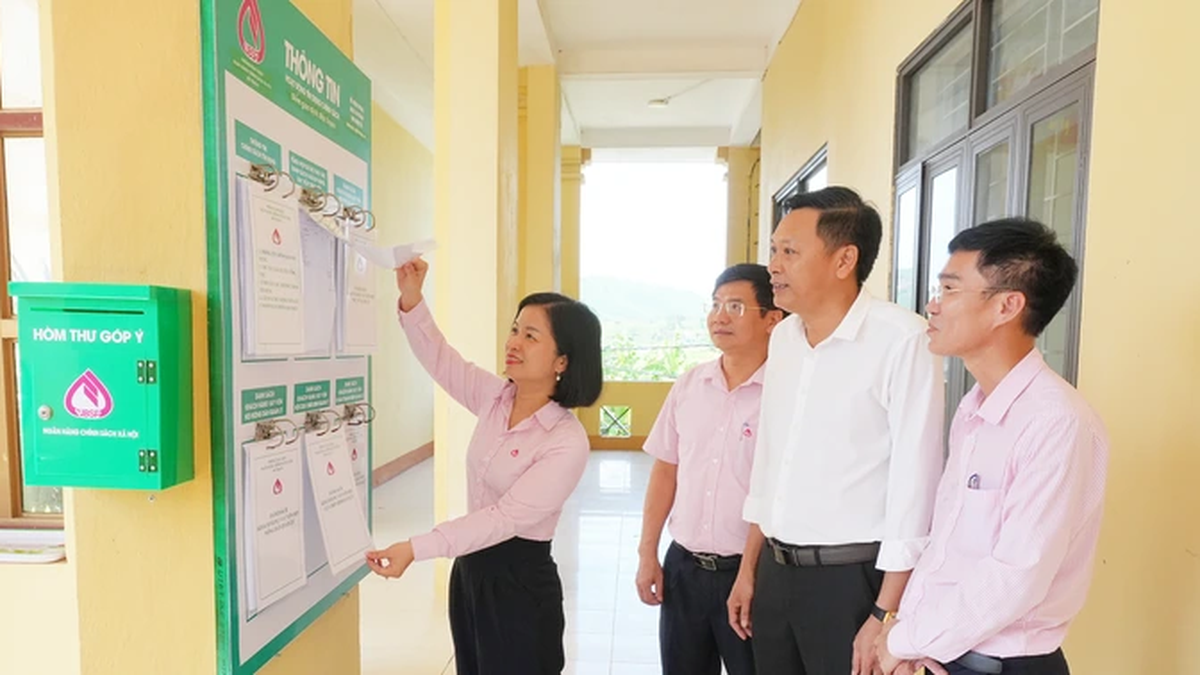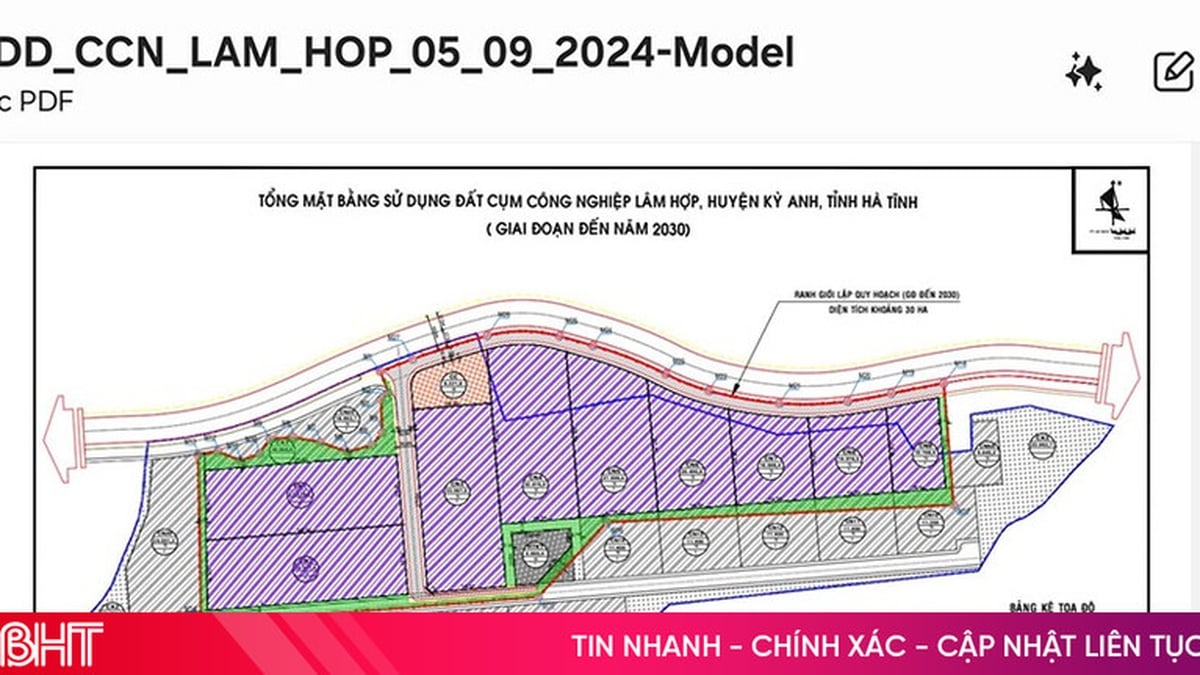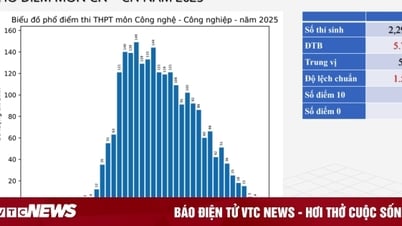
The Vietnam Association of Financial Investors (VAFI) has just sent an official dispatch to the Prime Minister, the Government Office , and the Ministry of Finance proposing the application of the most advanced method to calculate personal income tax (PIT) for securities transfer transactions. That is the CGT (Capital Gain Tax) method.
According to VAFI, in Vietnam, when selling shares, investors must pay a lump sum tax of 0.1% on the total value of the securities sold and a tax of 5% on the par value of VND10,000/share for bonus shares at the par value of VND10,000/share, regardless of whether the shares make a profit or a loss. This is a major problem that needs to be resolved.
The nature of CGT tax is to determine personal income tax when selling securities according to the formula: take the total value of securities sold (according to the average selling price) minus the total purchase value (according to the average buying price) for the corresponding number of shares sold, then multiply by the tax rate.
This method has the advantage over lump-sum tax in that the cost price of the securities is deducted before calculating tax, so according to CGT, only profits are subject to personal income tax.
VAFI recommends that the CGT method should be applied to the draft Personal Income Tax Law 2025 for securities transfer transactions on the stock market, which means it should only be applied to companies that are listed on the stock exchange.
Specifically, according to VAFI, personal income tax is calculated when selling securities at a reasonable tax rate according to the formula: Total value of securities sold at the average selling price minus total value of securities purchased corresponding to the number of shares sold at the average buying price multiplied by the tax rate of 3%. CGT is collected for each sale of securities.
The 3% rate is appropriate to motivate the development of the stock market, attract a large number of people to participate in the stock market and create conditions for the listed enterprise system to easily mobilize huge capital from the residential area and abroad.
Most countries in the world apply the CGT method to calculate personal income tax on securities transfer transactions. In the ASEAN region, only Vietnam and Indonesia apply the lump-sum tax method, levying 0.1% on the total value of securities sales, regardless of whether the transaction is profitable or not,” according to VAFI.
For foreign individuals and organizations that do not establish a legal entity in Vietnam but invest in the stock market, VAFI recommends applying the same transfer tax calculation method as for domestic individual investors. At the same time, the Association proposes to abolish personal income tax on bonus shares.
Previously, in the draft Decree amending and supplementing a number of articles of Decree 126 guiding the implementation of the Law on Tax Administration, the Ministry of Finance proposed that enterprises will deduct personal income tax at source immediately when issuing bonus shares or dividends in shares, instead of waiting until the time of shareholder transfer.
At the same time, it is proposed to supplement the method of determining the deductible personal income tax amount determined by multiplying the value of dividends, profit value, and bonus value by the personal income tax rate from capital investment (5%).
HA (according to Vietnamnet)Source: https://baohaiphongplus.vn/kien-nghi-ban-chung-khoan-co-lai-moi-phai-nop-thue-thu-nhap-ca-nhan-416436.html






































































































Comment (0)